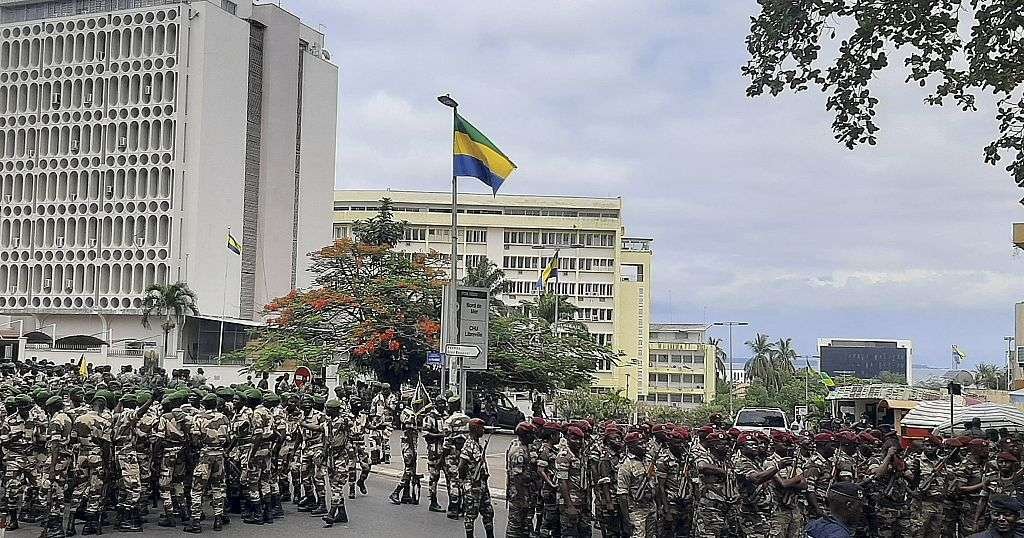Libreville, Gabon – (African Boulevard News) – In a shocking turn of events, General Brice Oligui Nguema, the head of Gabon’s elite Republican Guard, orchestrated a coup against President Ali Bongo Ondimba and is set to be sworn in as the country’s “transitional president” on Monday. This move comes after more than five decades of rule by the Bongo family, marking a significant shift in Gabonese politics.
The coup took place last Wednesday when General Nguema, along with a group of officers, seized control of the government in a swift and calculated operation. The Republican Guard quickly moved to secure key government buildings and strategic locations across the capital city of Libreville.
President Ali Bongo Ondimba, who has been battling health problems since suffering a stroke in 2018, was reportedly taken to an undisclosed location for his safety. The government initially denied the coup reports but later confirmed that a “power vacuum” had occurred.
General Nguema, a highly respected military figure, has declared himself the “transitional president” until new elections can be held. His move has been met with mixed reactions both domestically and internationally. While some see it as a necessary step to bring stability and democracy to Gabon, others view it as a dangerous precedent that could undermine the country’s democratic institutions.
The African Union and the United Nations have called for a peaceful resolution to the crisis and urged all parties to respect the rule of law. The international community is closely monitoring the situation and has expressed concerns about the potential for further violence and instability in the country.
In a statement released on Friday, General Nguema assured the Gabonese people that his intention is to restore order and lead the nation towards a democratic transition. He emphasized the need for unity and called for calm and patience during this critical period.
Political analysts are closely watching developments in Gabon, with many questioning what this coup means for the future of the country. “This coup represents a turning point in Gabonese politics. It remains to be seen how General Nguema will navigate the challenges ahead and whether he can deliver on his promises of democracy and stability,” said Dr. Jean-Pierre Mbongo, a political science professor at the University of Libreville.
As Gabon prepares for General Nguema’s inauguration as the country’s “transitional president” on Monday, the nation is bracing for significant changes. The coming days will undoubtedly shape the future of Gabon and its political landscape, as the country grapples with the aftermath of the coup and looks towards a new era.

